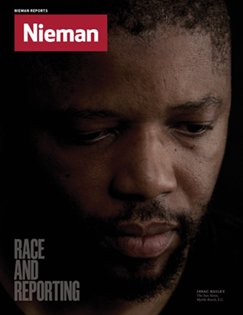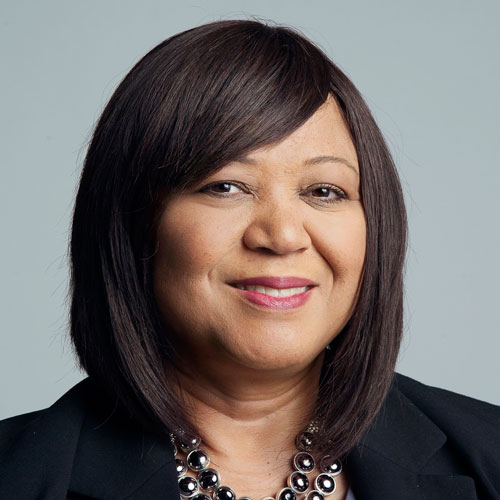As one of a handful of people of color on staff at the Inquirer back then, I felt an in-the-bone responsibility to make my voice heard, even as I wasn’t always accepted by blacks or whites. I learned quickly that there’s a difference between being let in and feeling like you belong.
Today, our newsroom, like so many across America, has seen minority staffing levels dwindle, leaving even white staffers to ask, “What are we going to do about diversity?” While the media can expose the lack of diversity in schools, companies, government, boards, and law enforcement, to name a few, we have shown little understanding of its true value in our own precious arena. If truth and credibility matter, then diversity must matter. It doesn’t seem that hard to grasp. What I do know is my child could never take a look across the company and assume there’s an opportunity for her.
Who’s doing the engaging and with which audience?
The diversity malaise is showing in a new era of digital and print coverage, even as we write about how much more diverse the world is. The millennial boom is much ballyhooed, but mostly represented in media by hotshot techy white kids who have the freedom to experiment. Young people of color who are driving the population surge and young whites not immersed in the foodie scene and still trying to find their way don’t see their faces much. It’s social media from ordinary people that really fills out real-time coverage of communities we don’t cover enough. Which begs a question, given our ubiquitous current industry buzzword—audience engagement. Who’s doing the engaging and with which audience?
But while the diversity conversation may have stayed in the same tired spot over the last decade, worsened by cycles of more layoffs and buyouts than hires, I’m still here taking my place at the table while many of my worn-out colleagues abandon ship. That in-the-bone responsibility is still there. From copy editor with a mission to managing editor helping guide the future of the company is not a bad place to be.
I’ve also come to realize that my place is not typical. The full breadth of my diverse experiences—child of an immigrant, military family, father formerly in law enforcement, two years living in a village, daughter born in South Africa, small business owner, mother of a college student—means I can relate to virtually anyone. And that trait brings diversity to my office often.
The young white dotcom editor wants to know how to approach a contentious issue with the newsroom. An African-American reporter wants to discuss her provocative story about why she likes a song about a drug-dealing rapper and his empowered girlfriend. The fashion writer wants to share an e-mail from an irate reader who didn’t like it that she used a black model. The veteran staffer wants everyone to know she shouldn’t be written off. A Vietnamese student asks me to lunch. The Latino job candidate sends me more samples of his captivating multimedia work. The LGBT writer has a story to pitch of someone we should have written about but never noticed. The promising high school student wants advice.
Other diversity efforts are more purposeful. Over the last few years, with hires limited, I have built a diverse freelance pool, often editing the stories myself to ensure teaching as portfolios are refined. Managers who report to me also are asked to bring in a diverse group of candidates to be interviewed. That has yielded exceptional candidates and two offers. And I’ve initiated an informal pay-it-forward chain to coach and steer up-and-coming journalists and PR specialists.
Perhaps Ann Brill, dean of the William Allen White journalism school at the University of Kansas, said it best at a recent board meeting. Answering a question about why the school was working hard to diversify, she didn’t belabor a business argument or make a moral one. “We just want our school to have a student body that looks like the world we live in.”
Diversity can happen—if we want it to.
Read about strategies for creating inclusive newsrooms in our Race and Reporting cover package



